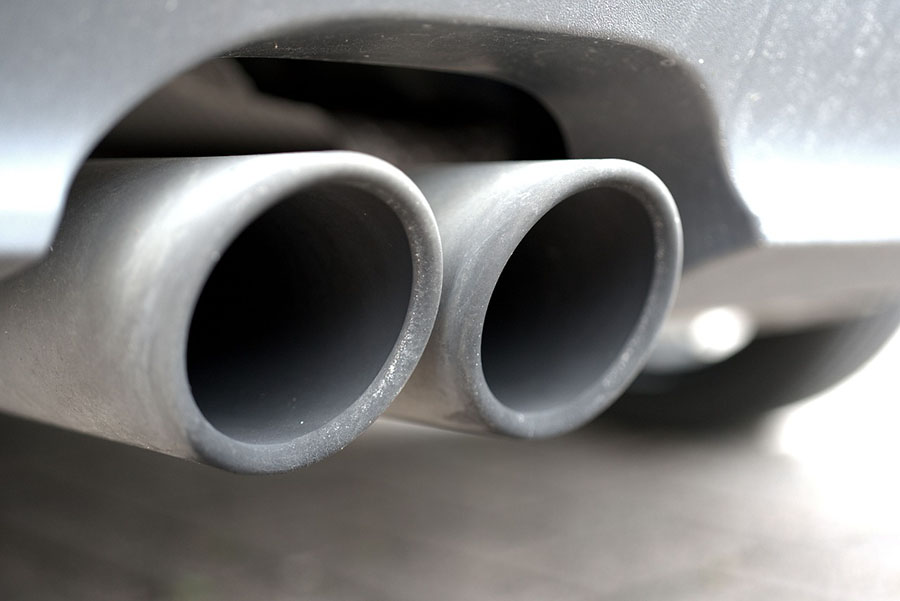The French government is setting up the vehicle and engine market surveillance service. Its mission is to verify that the vehicles, trailers, systems, components and separate technical units as well as the engines of non-road mobile machinery made available on the French market comply with the technical requirements set by European and national regulations in terms of safety, health and the environment.

The Dieselgate affair in 2015 highlighted the use of fraudulent techniques by certain car manufacturers to reduce the polluting emissions from their vehicles. Following this controversy, the European Union decided to strengthen its regulations in order to guarantee in a solid and transparent manner the level of safety and protection for health and the environment. Each member state is obliged from 1 st September 2020 to establish a market surveillance on motor vehicles to transport passengers and cargo), on trailers, as well as systems, components and separate technical units.
In this context, France has decided to create a service with national jurisdiction called “vehicle and engine market surveillance service” (SSMVM). It reports to the Climate and Energy Efficiency Service (SCEE) of the Directorate General for Energy and Climate (DGEC).
The scope of action of the SSMVM concerns:
- Passenger transport vehicles (category M), goods transport vehicles (category N) and the trailers intended for them (category O), as well as the systems, components, separate technical units and parts and equipment intended for these vehicles;
- Agricultural and forestry vehicles, tractors (category T and C), trailers (category R) and interchangeable towed machinery (category S), as well as systems, components, separate technical units and parts and equipment intended for these vehicles;
- The two, three wheels and quadricycles (category L) as well as the systems, components, separate technical units and parts and equipment intended for these vehicles;
- The special warning lights of certain vehicles;
- Tire labeling;
- Emissions of polluting gases and polluting particles from internal combustion engines intended for non-road mobile machinery (EMNR). The category of EMNR covers a wide variety of vehicles, ranging from small portable equipment (chainsaw, etc.) to railcars, locomotives and inland waterway vessels, including construction vehicles, snowmobiles and generators.
Documentary checks, tests and trials are scheduled as part of an annual control plan. Additional checks may be carried out following complaints and information received.
In the event of a finding of non-compliance, the economic operators concerned may be subject to administrative measures and sanctions: warning, withdrawal, recall of a product, suspension of placing on the market, destruction of the products, administrative fine of a maximum amount of 300,000 euros per non-compliant engine and 1 million euros per non-compliant vehicle. Criminal sanctions may also be applied: a sentence of 3 years’ imprisonment, a fine of 300,000 euros for MNEs and 1 million euros for motor vehicles.
The SSMVM will produce each year an activity report fed by the results of all of its activities which will be made public. With a budget of 5 million euros, it will carry out nearly a hundred tests per year.









